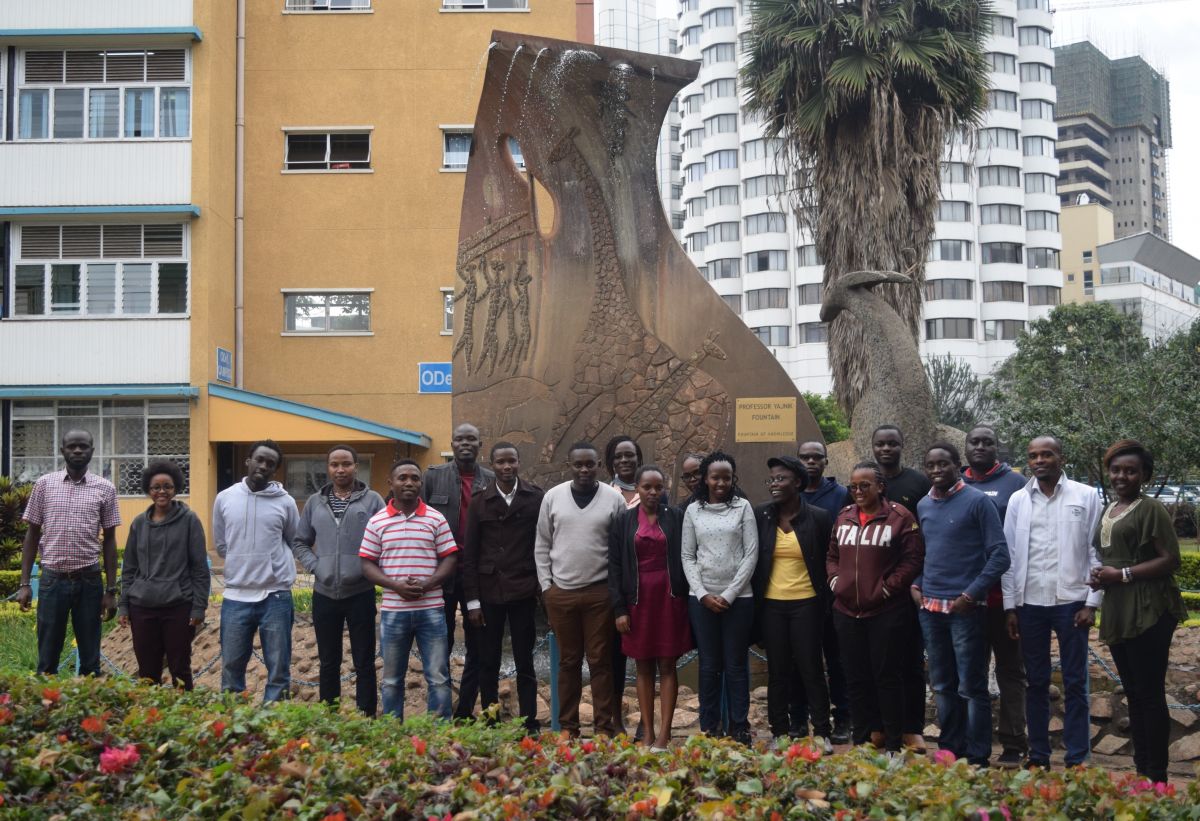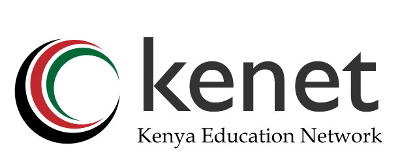You are here
OpenScienceKE Hackathon: Working towards Open Science in Kenya
Hackathons are a great way to explore, collaborate and work toward solving a problem within a defined period of time. Most hackathons explore software-related solutions in technical events whereby people, especially computer programmers and software developers, meet to engage in collaborative coding with an aim of creating usable software. The OpenScienceKE Hackathon held on August 30 and 31, 2018 at the KENET training room was unique in that the participants were mostly Bioinformatics students and had intermediate level coding skills. The hackathon was aimed at fostering solutions around Open Access and Open Data.
Dr. Caleb Kibet, the project lead for the hackathon was funded for this project by Alfred P. Sloan Foundation, through the Mozilla Science Lab mini-grants. The hackathon was an extension of the Open Science workshop which took place three weeks prior. Together with his team, Dr Kibet organized the hackathon to foster collaborations among most of the Open Science workshop attendees. The 20 participants applied skills acquired from the workshop to tackle projects developed collaboratively. Every hack group had a team leader and five to eight members.
“We chose to address an Open Science project, since we could accommodate the participants of diverse skill sets, hence ensuring everyone contributed for inclusivity. The team leader was responsible for drawing the project roadmap and distributing tasks. I was responsible for ensuring the whole project had a shared vision but without overlap between teams for a smooth and fruitful hacking”, said Dr. Kibet.
The hackathon afforded the participants an opportunity to further solidify their skills while addressing questions of interest to the Open Science community in Kenya, and Africa as a whole. They tackled 3 key topics:
- Status of Open Science in Kenya: Literature Search- The group scanned through public databases for literature or material that shed light on the adoption and practice of Open Science in Kenya.
- Status of Open Science in Kenya: Data Mining- The aim of the project was to use data mining to discover trends in Open Science practice in Kenya
- Publishing Open Access at low cost: what are our options? - The group created a resource to guide students and researchers on journals that offer article-processing charge waivers or subsidies.
“My interest on being part of the hackathon was based on my passion for advocating Open Science in Kenya. I chose to be part of a group that dealt with Status of Open Science in Kenya: Literature Search group. Our task was to find out more about the adoption and practice of Open Science in Kenya. This was achieved by doing an extensive literature search in various open access journals papers and articles, news articles, Kenyan institutional websites, blogs and various social media platforms. These avenues revealed that most Kenyan scientists are supporting the adoption of open science and that there is a lot of communication around advocating open access publishing of scientific papers,” said Esther Seroney, a Bioinformatics Masters Student who attended the Hackathon.

Participants of the OpenScienceKE Hackathon
Following the hackathon, the participants will collaboratively author a paper to be published in an open access peer-reviewed journal. The findings will also be organized into a report that will contribute to the greater Open Science project to assess the status of Open Science in Kenya. Dr. Kibet and his team promised to continue building an open science community through further training and meetups.
“The hackathon was successful. We now have a resource that can guide students on where to publish at low cost, and how to access the waivers. We also have a clearer understanding of where we stand, as a country, in embracing and supporting open science. Finally, we have downloaded all PubMed indexed abstract and author information on all publications in Kenya. We are currently analyzing this to understand where we publish, and how Kenya researchers collaborate: locally or internationally,” said Dr. Kibet.
